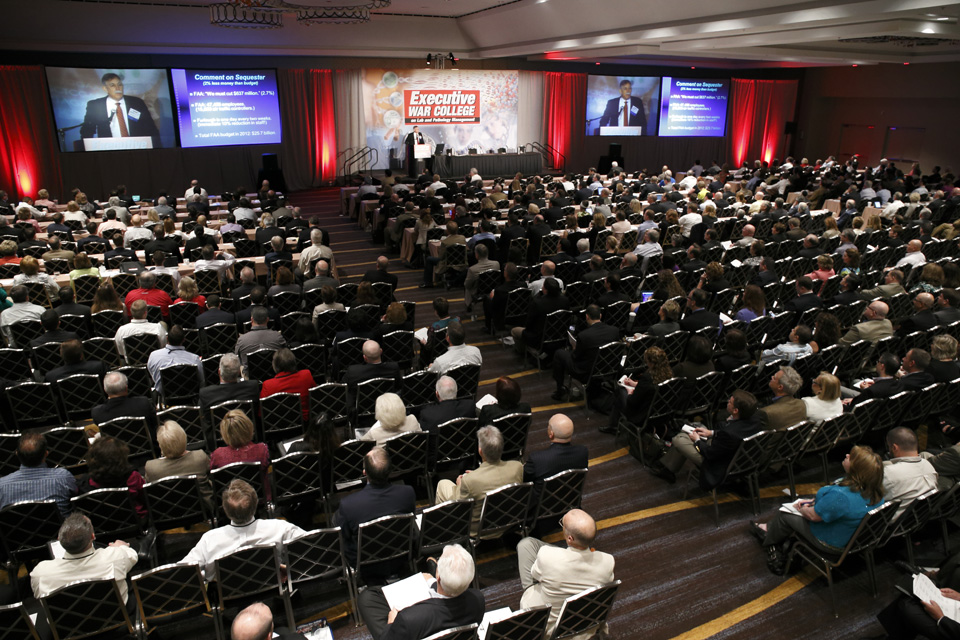
Courtesy: Robert Michel
With the 24th Annual Executive War College on Laboratory and Pathology Management (EWC) set to kick off next month, Dark Report Editor-in-Chief Robert Michel can’t help but marvel at how the event has grown since its inception.
“We had 240 people attend the first year,” Michel says, noting that EWC is the largest conference on clinical laboratory management and operations globally of which he is aware. “This year, we’re expecting more than 900, which is on track for record attendance.”
Often referred throughout the medical laboratory industry as one of the premier events for anatomic pathologists and clinical laboratory executives, this year’s event, set for April 30 and May 1 at the Sheraton Hotel in New Orleans, will again feature a number of experts who will speak on the latest trends emerging in the clinical laboratory marketplace from the perspective of management and operations.
Among them will be Vachette CEO Mick Raich, who will present a case study in lab revenue cycle management alongside Trish Hankila, CFO of the South Bend Medical Foundation.
It’s this approach that Michel says helped to differentiate the Executive War College since that first conference in 1996, a time when hospitals were buying each other and forming health systems and health maintenance organizations (HMOs) were reducing the reimbursement paid to hospitals, physicians, and clinical laboratories.
“I had worked at the Nichols Institute and I noticed that because clinical laboratories had been solidly profitable for so long, there was not much need for professional networking, relative to the business side of things,” says Michel, adding that he conceived of EWC as a way to fill that networking gap during those early days of widespread laboratory acquisitions and consolidation within the industry.
Michel says it quickly became apparent that the business case-study format of inviting clinical laboratories and anatomic pathology groups considered to be early adopters of various management and revenue strategies and giving them an opportunity to share their lessons learned was a success.
“That format proved to be very energizing for the audience,” Michel recalls. “People were interested to hear what was working, what was not and what successful labs were doing to avoid being acquired.”
So, what can attendees anticipate from this year’s event? As has been the case throughout the laboratory industry in recent years, Michel says much of the focus will be on how to survive and thrive in the face of declining revenue during a time of rampant change, including the continued move away from fee-for-service payments in favor of value-based reimbursements.
“Probably the most forceful development in the lab industry these days is disruption,” Michel says. “It’s coming in the form of steady reduction of lab revenue and shrinking lab budgets, and it’s coming in the form of narrowing payer networks, which restrict a clinical laboratory’s access to serving patients.”
Those interested in attending can receive a 10 percent discount on their registration fee using the discount code Vachette19. For discounts for groups of four or more, please contact us directly.
The full agenda, which includes a number of sessions on how first mover labs are offering services that generate new sources of revenue, can be viewed here.
“There are several effective management strategies different clinical laboratories and anatomic pathology groups can utilize to try and keep themselves ahead of the curve in a financially useful way,” Michel says. “It’s always interesting to see how different the topics and the sessions are from one year to the next. This reflects how the pace of change in health care is accelerating.”
Interested in learning more about coding audits or improving your overall revenue cycle management? Contact us today for a free consultation.
